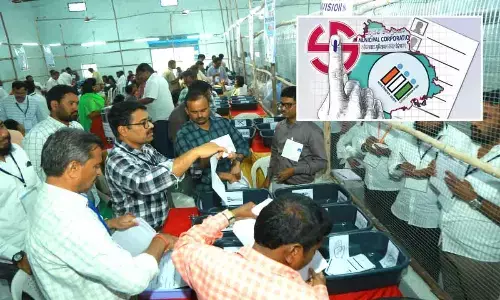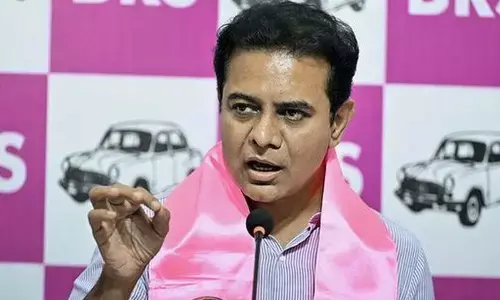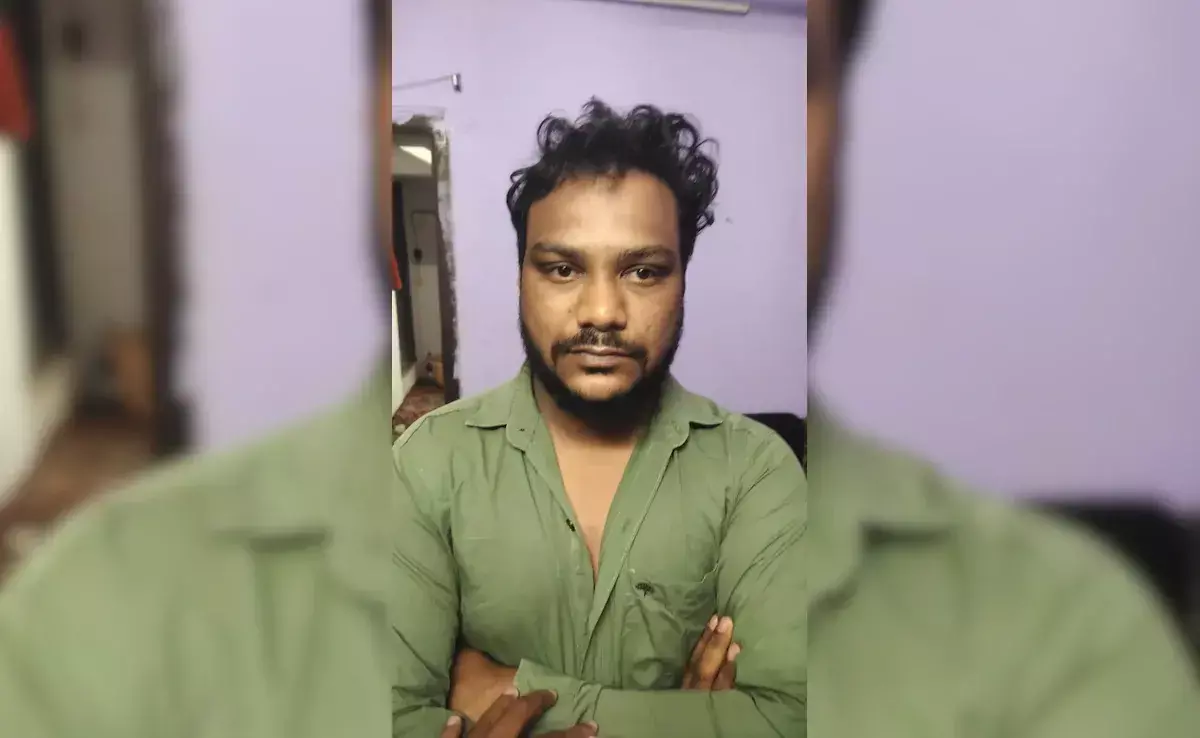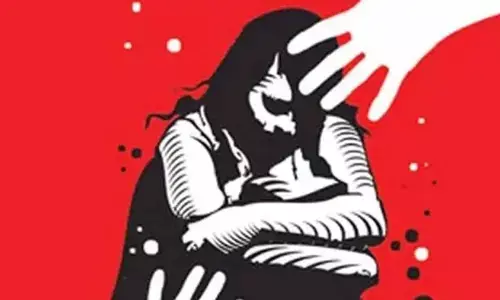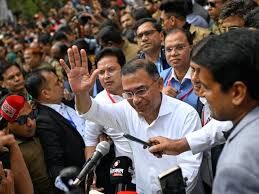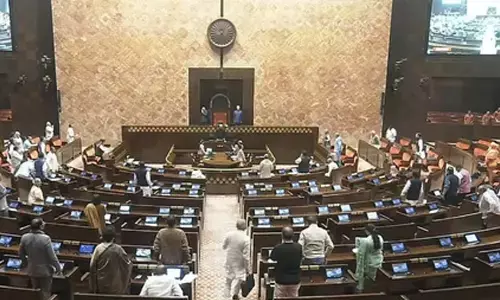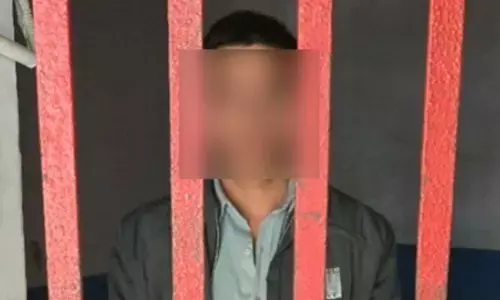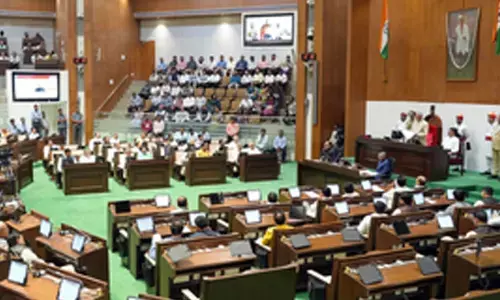Open-eyed Lady justice must uphold Constitutional justice
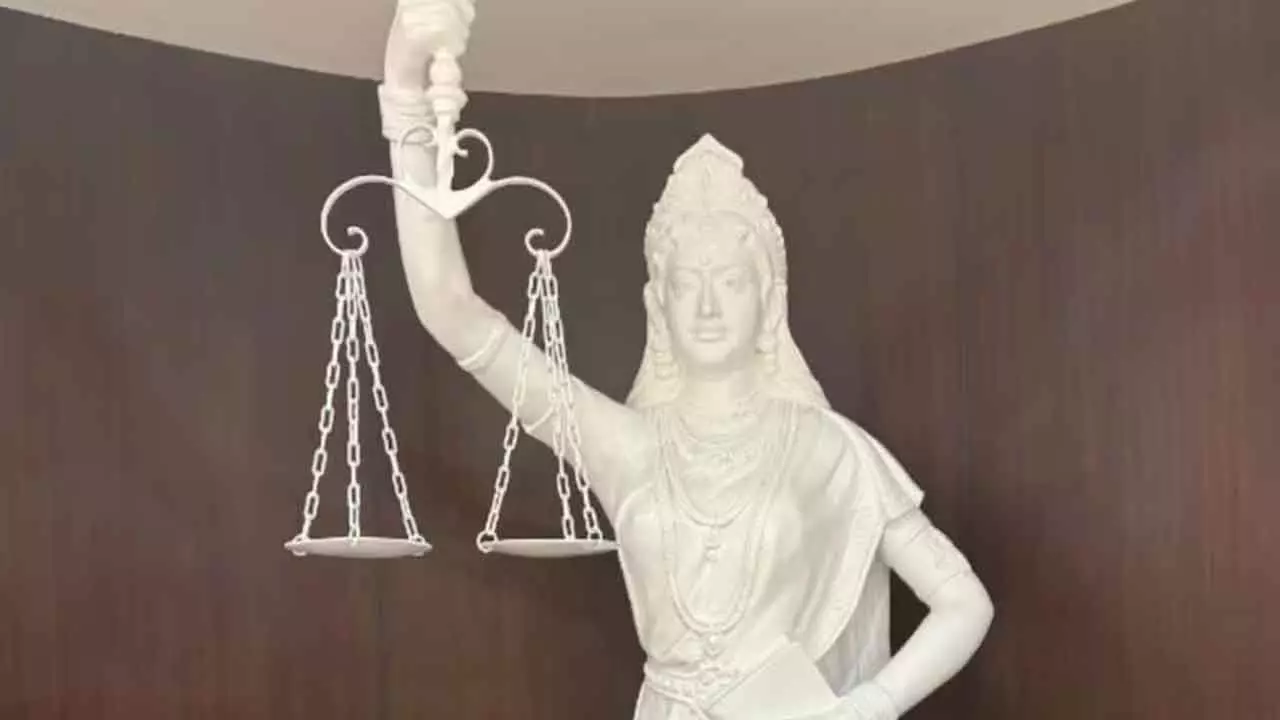
The appointment of Justice Sanjiv Khanna as the 51st Chief Justice of India, though for a short term of a little over six months from November 11, 2024 to May 13, 2025, sets stage for another momentous era in the highest echelons of Indian judiciary.
Since his enrollment as an advocate with the Bar Council of Delhi in 1983, he practised in the district courts of Tis Hazari and later on in Delhi High Court. He also served on various tribunals before he was elevated as an additional judge in 2005. He was made a permanent judge in 2006. In January 2019, he was appointed as a judge of the Supreme Court.
Justice Khanna is much respected for his diligent work ethics and, of course, a very high legal acumen. He has earned a reputation of being the judiciary’s most respected figures. He also continues a legacy of judicial excellence in the family; he is a nephew of the late former Supreme Court Judge HR Khanna, who was renowned for his role in establishing the basic structure doctrine for the Constitution in the landmark Kesavananda Bharati case of 1973. Among his landmark judgements, Justice Khanna upheld the integrity of electronic voting machines (EVMs), reinforcing public trust in the electoral process. He was part of the five-judge bench which gave a historic verdict, backing the Central government’s decision in 2019 to abrogate Article 370, which vests special status on Jammu and Kashmir. It changed the entire political landscape of the region. Justice Khanna was a member of a five-judge constitutional bench that declared the electoral bond scheme as unconstitutional. The scheme that allows for anonymous donations to political parties lacked transparency in political financing and accountability on the part of political parties, and violated the right to information, thus affecting informed voting. He granted interim bail to former Delhi Chief Minister Arvind Kejriwal, upholding the rights of politicians to engage with voters despite facing legal challenges. His another ruling on delays in legal proceedings a valid ground for bail under PMLA led to release of former Delhi Deputy CM Manish Sisodia.
Justice Khanna’s elevation marks a significant leadership transition in the Indian judiciary, taking over charge from a predecessor who is one of most prolific judges. Justice Chandrachud both as a SC judge and as the CJI contributed to or delivered around 230 verdicts. His achievements include upholding of right to privacy as a fundamental right (protection of personal data from state inteference, as in the case of Aadhaar); decriminalisation of Section 377 relating to same-sex relations; right to choose one’s partner; abortion rights for unmarried women; allowing entry of women of menstruating age into Sabarimala; and decriminalisation of adultery by declaring Section 497 IPC as unconstitutional.
Chief Justice Chandrachud changed the Supreme Court emblem and altered the Statue of Lady Justice, a symbol of impartiality and fairness. The Lady Justice now holds a copy of the Indian Constitution instead of the traditional sword with open eyes.
The Indian society is facing greater threats to individual liberty, freedom of speech, religious pluralism, constitutional safeguards, weakening of collegium. Activists like Umar Khalid continue to languish in jails. Stan Swamy died in prison, while a substantially invalid like Prof Saibaba was kept in jail for nearly a decade without conviction. Pendency of cases (over 3.5 crore) shaves off 1.5%-2% of India’s GDP. Rule of Law Index 2023 ranked India at 111 out of 142 countries in civil justice, and 93 out of 142 countries in criminal justice.The judge-to-population ratio in India (21 per million) is amongst the lowest in the world. Justice Khanna will be expected to show more of his courage of conviction to address these issues and more.


